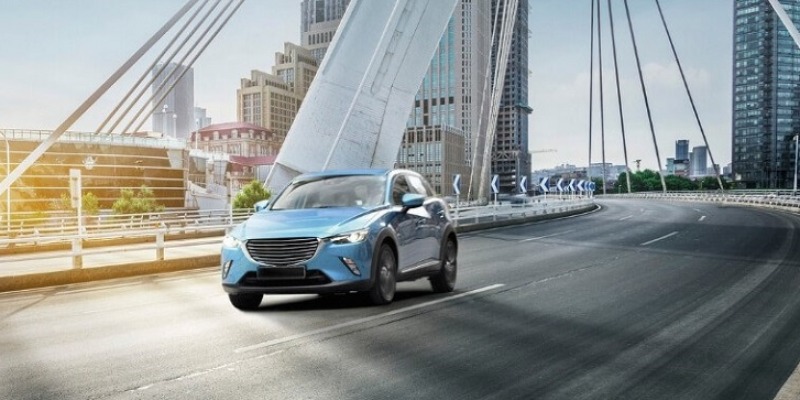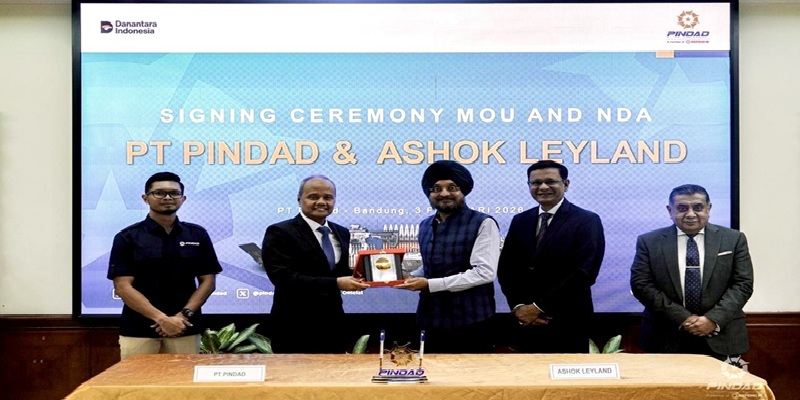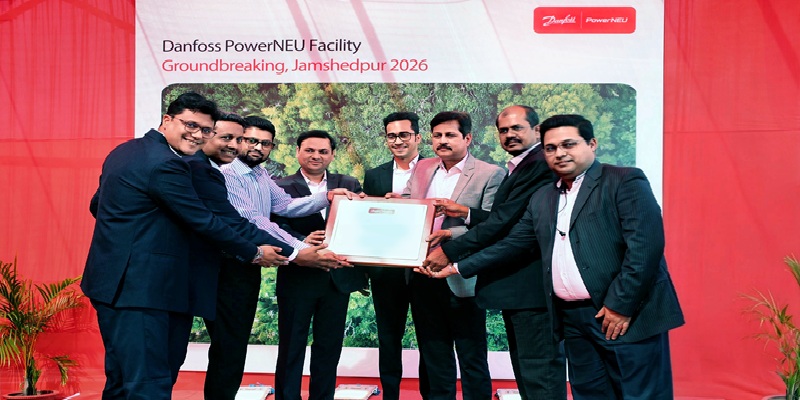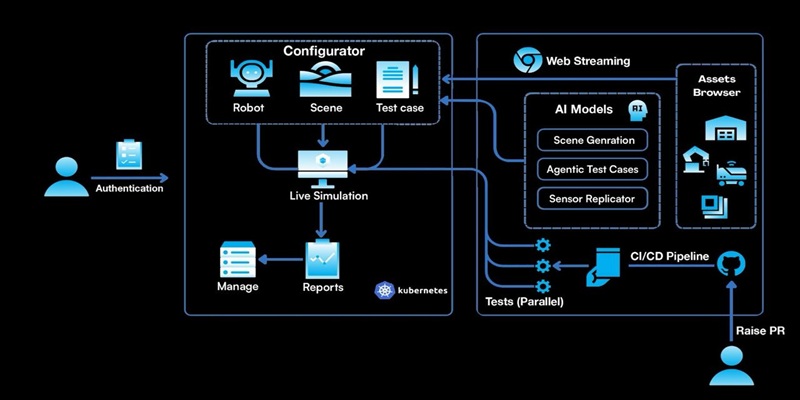Schedule a Call Back
Electrifying road transportation in India to achieve net zero emission goals
 Articles
Articles- Dec 02,21

Related Stories

Ashok Leyland, PT Pindad Partner for Electric Buses and Defence Vehicles
Ashok Leyland has signed an MoU with Indonesia’s PT Pindad to jointly develop and manufacture electric buses and defence vehicles, supporting sustainable mobility and modern defence needs.
Read more
Indian manufacturing sector: Negotiating its way in a less VUCA world
India’s manufacturing sector is evolving through policy support, technology adoption and sectoral growth, though challenges in R&D and skilling remain, writes Prof R Jayaraman, Head, Capstone Proj..
Read more
Danfoss, PowerNEU Launch JV to Drive Decarbonisation in Metals Sector
New Danfoss PowerNEU JV in Jamshedpur strengthens local execution and decarbonisation solutions for India’s metals industry.
Read moreRelated Products

Automotive Oil Pump
Kalpak Auto Pvt Ltd offers a wide range of
automotive oil pump.
Tata Motors unveils facilities for development of Hydrogen propulsion tech
Tata Motors, India?s largest automobile company, unveiled two state-of-the-art & new-age R&D facilities for meeting its mission of offering sustainable mobility solutions. The unveilings constitute of Read more
Tata Motors plans petrol powertrain for Harrier and Safari SUVs
Tata Motors is in the process of developing a new petrol powertrain for its premium sports utility vehicles, the Harrier and Safari, as confirmed by a senior company official. Currently, these models Read more














